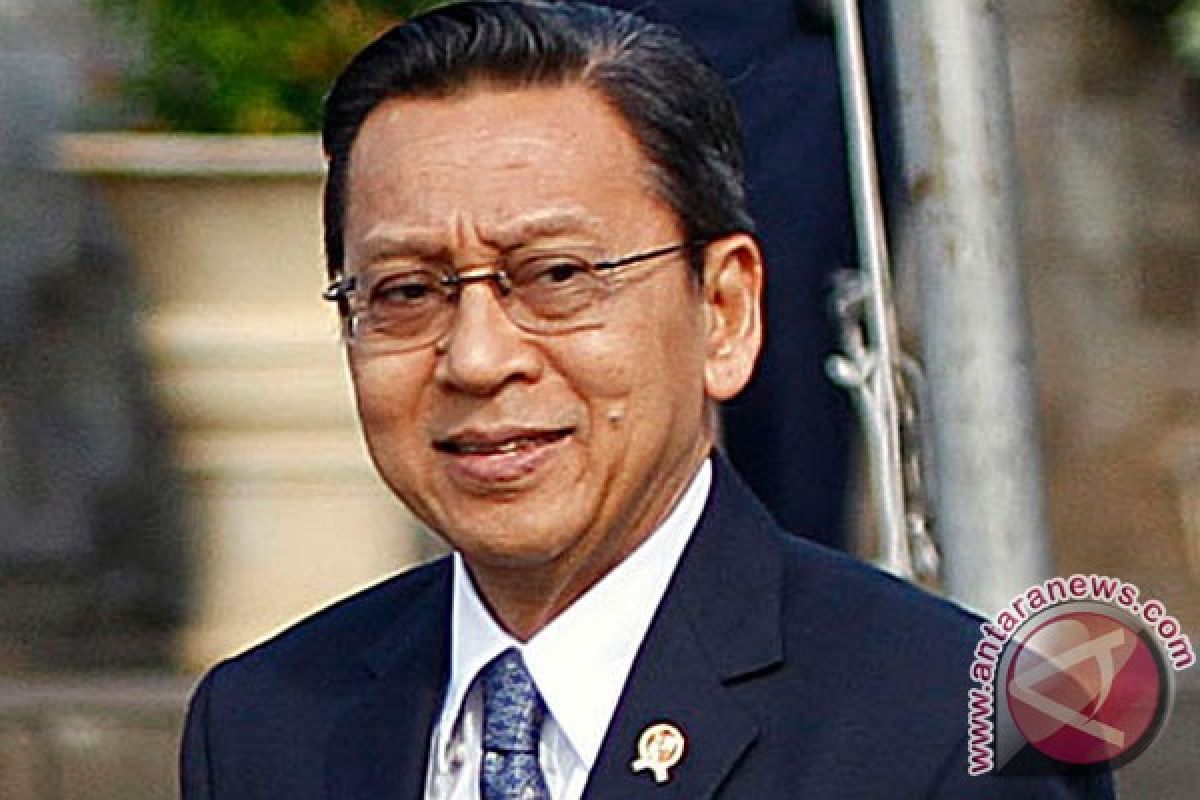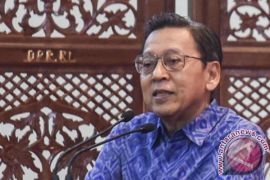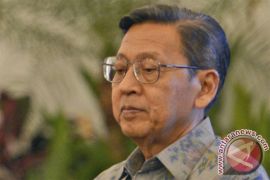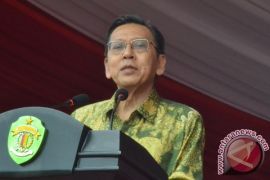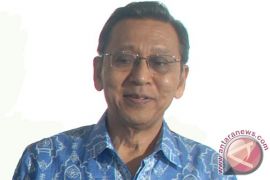"Besides in the handling of existing cases, I saw, at least two other areas where cooperation and synergy between the government and KPK could be increased," Boediono said at the opening of a national conference on corruption eradication here on Wednesday.
The first of the two areas is related to action plans or annual actions to be taken to fight corruption, he said.
"Perhaps not everybody knows that the present second unity cabinet has formulated an annual corruption eradication action plan which is put in a presidential instruction," he said.
The action plan is actually an elaboration of national medium-term national development plan (RPJMN 2009-2014) in the field of corruption eradication, he said.
It contains detailed, concrete and scheduled actions and officials in charge of them. The actions are also adapted to the United Nations Convention against Corruption, he said.
In 2011 the plan is put in the Presidential Instruction Number 9/2011 for its implementation with an emphasis on prevention.
In 2012 the government meanwhile is still formulating steps to be taken which will also be stipulated in a presidential instruction, he said.
The vice president said the KPK could build a synergy with the government in the implementation of the plan and in addition the KPK could also give inputs with regard to the formulation of the action plan for 2012 and in the years to come.
"The KPK could give inputs to the government and vice versa," he said.
The second area meanwhile is related to bureaucratic reform. Boediono said one of the targets in the effort is eradicating corruption, collusion and nepotism and power abuses.
He said the eradication of corruption, collusion and nepotism locally known as KKN was an important strategy to fight against corruption.
"Corruption eradication efforts would produce sustainable results only if we could institutionalize the reform efforts, and only if we could build a bureaucracy that is able to close loopholes for corruption and which is immune to corrupt practices," he said.
(T.M041/H-YH/F001)
Editor: Priyambodo RH
Copyright © ANTARA 2011
